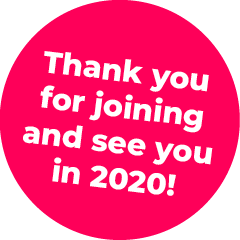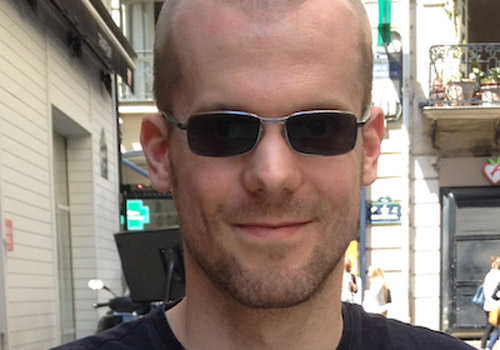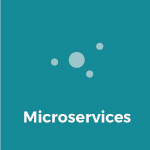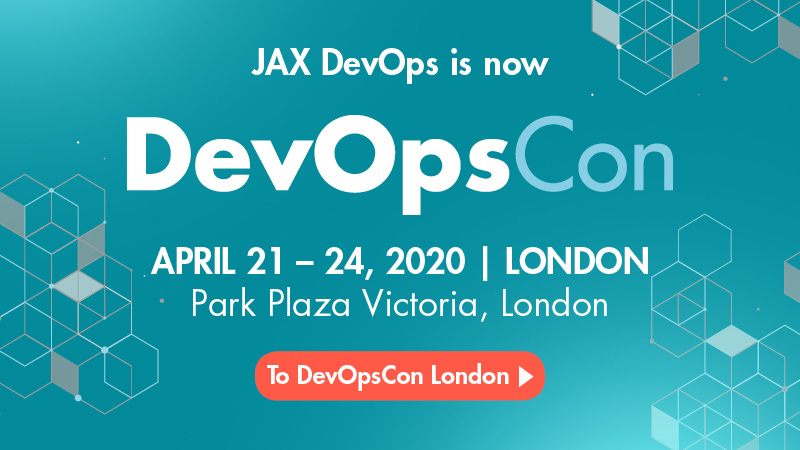Speaker
Infos
09:00 - 17:00
Web Security Workshop
Description
Once you’ve completed this workshop, you’ll have practical experience of carrying out manual and automated attacks on web apps. You can transfer these skills to your own software development work and increase the security of your projects in the long-term.
Content & Process
In this hands-on penetration testing workshop, we’ll attack the training web app to take on the role of a pen tester one step at a time. You’ll learn how to work with professional security tools through a range of practical tasks. You’ll also learn pen testers’ general approach for attacking web apps. Of course, we’ll also deal with defensive measures for protecting the security holes found. However, our focus will remain on the systematic use of professional hacking tools for carrying out security analyses.
As a second objective of this workshop, you will learn what type of security checks can be automated and how this DevOps-style automation of security checks within build chains is best done.
During the course we will attack a prepared demo web-application using tools and techniques available in the Kali Linux VM. Aside from finding vulnerabilities inside this demo application, we will also use tools to escalate them into even more critical vulnerabilities during post-exploitation.
Aside from manually using the security tools to find and exploit security vulnerabilities, most of them can also be utilized in fully automated ways, being a nice fit into DevOps architectures to enrich CI/CD pipelines with security checks.
Audience & Requirements
The target audience for this hands-on workshop are developers interested in security as well as test engineers / QA wanting to include security tests into their testing arsenal and widen their toolset.
No special deeper development or security knowledge is required to attend this workshop. But a bit of linux shell usage proves definitely helpful when joining.
As this workshop is a tutorial rich day, there are a couple of basic requirements that need to be met if you’d like to take part in these practical tasks:









